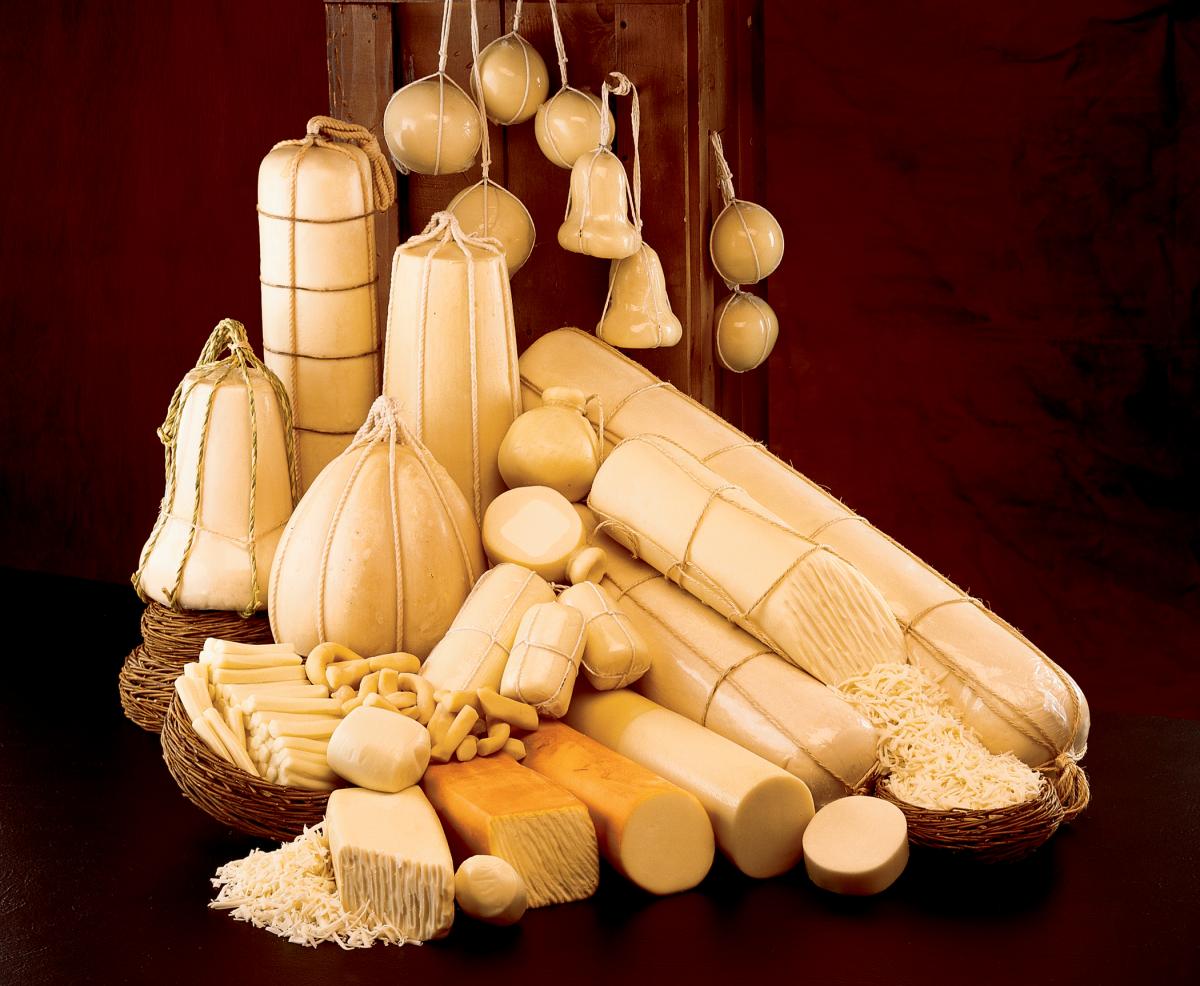NMPF Continues Efforts to Challenge EU in TTIP Negotiations
June 3, 2016
 In preparation for the next round of negotiations in July, NMPF continues to engage stakeholders and challenge certain elements of the ongoing Trans-Atlantic Trade and Investment Partnership (TTIP) negotiations.
In preparation for the next round of negotiations in July, NMPF continues to engage stakeholders and challenge certain elements of the ongoing Trans-Atlantic Trade and Investment Partnership (TTIP) negotiations.
NMPF is extremely concerned about the EU’s continued efforts to restrict commonly-used product names, known as geographical indications (GIs), despite the fact that these names have long been considered generic in the United States and elsewhere around the world. NMPF is standing firm in insisting that American producers have every right to use common names like parmesan, feta, asiago, gorgonzola and others.
The EU’s negotiating gamesmanship has been evident in their brazen attempt to pit dairy against other livestock sectors during the TTIP negotiations in an effort to secure such GI provisions.
"It will not be possible to make a generous offer [on pork, beef or poultry] unless we get GI [geographic indications] protection,” an EU source told reporters at the last TTIP negotiating round. “That's the quid pro quo."
NMPF was vehement in its response to these comments, saying: “Trade agreements are about tearing down barriers, not erecting new ones. That important point of principle is one that American agriculture has remained united on for decades. That’s why EU efforts to drive a wedge between U.S. farmer groups by urging one to push for new barriers on the other will not be successful.”
The news magazine Politico covered the issue earlier in May, when the Office of the U.S. Trade Representative expressed its commitment to push back against the EU’s efforts.
“The EU has aspirations for changing the U.S. system that are not going to be met in TTIP,” a USTR spokesman stated in the Politico article.
“The geographical indications issue is a horrific overreach by the EU that undermines the entire EU interests in these negotiations,” said NMPF president and CEO Jim Mulhern in the same article. “It’s purely and simply a protectionist approach that flies in the face of what free trade agreements are all about.”
Mulhern traveled to the United Kingdom in May to reinforce the organization’s stance on the agreement. There, he spoke at a conference of for European farmers and dairy industry officials on the state of the U.S. dairy industry. During several interviews with European press following the conference, Mulhern discussed the issue of geographic indications, noting that they "add grave insult" to the U.S. dairy industry and that NMPF would not support an agreement with them in it.
As the next round of TTIP negotiations approaches, it’s clear that the resolution approved by NMPF’s Board of Directors this past March appropriately focused on the lack of progress to date in removing EU barriers to U.S. exports. Since then, the EU has done little but seek to impose new restrictions on U.S. market access rather than address their various nontariff trade barriers.
NMPF will continue to emphasize the importance of ensuring that TTIP negotiators take the time to get the agreement right by fully removing existing EU nontariff barriers to U.S. dairy exports and ensuring that new ones do not spring up to take their place.






